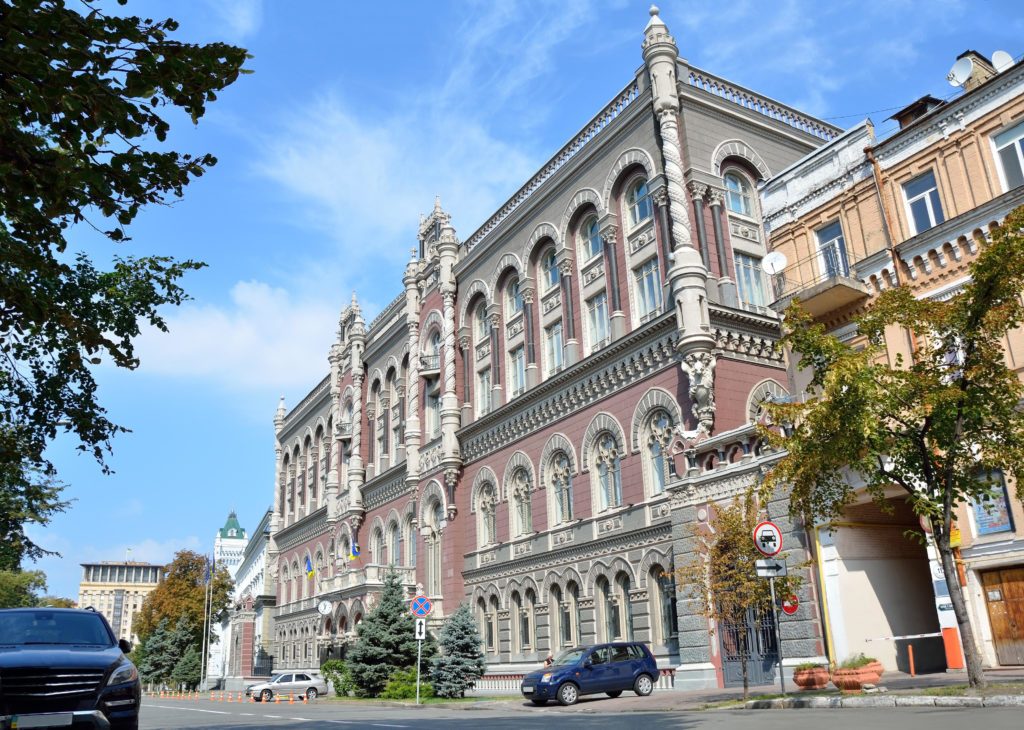KYIV
The National Bank of Ukraine kept its key interest rate unchanged at 8.5 percent to balance accelerating inflation and moderate economic growth, in line with the market expectations.
The rate of 6 percent was in effect from June 2020 to March 2021. Then the rate was gradually increased. The last time the central bank raised the rate by half a point to 8.5 percent in September and signalled that a further increase might be necessary.
“In case of an increase in (COVID-19) morbidity and, as a consequence, a lockdown and a significant slowdown in economic activity, as well as an increase in fundamental inflationary pressure, the National Bank is ready to take additional measures to return inflation to the 5 percent target,” the bank said in a statement.
In September, the central bank said that it would stop using anti-crisis monetary measures from the beginning of the fourth quarter. The bank sees a return to the inflation target of 5 percent in 2022.
Annual inflation in Ukraine climbed to 11 percent in September, up from 10.2 percent in August, pushed up by rising domestic food prices, a widening budget deficit and increasing global food and energy costs. It followed a trend of quickening price rises in recent months.
Earlier this year, the central bank revised its inflation forecast up to 9.6 percent from 7 percent in 2021, taking into account the rapid recovery of the world economy and increasing inflationary pressures. It also predicted that the peak of the inflation surge would take place in the third quarter of this year, forecasting that tighter monetary policy would gradually check inflationary pressures.
This week, Ukraine and the International Monetary Fund (IMF) reached a preliminary “staff-level” agreement after months of tortuous negotiations on resuming disbursements of a standby arrangement and, if fully approved, Kyiv stands to secure about $700 million by the end of the year.
The agreement is seen by experts as a positive development for Ukraine’s economic and financial stability. The central bank considers cooperation with the IMF as one of the factors in its monetary policy.
But the accord was clinched amid an unfolding drama in the country’s central bank, with governor Kyrylo Shevchenko widely expected to be removed in the coming weeks – with the decision linked, at least in part, with the failure to complete the talks sooner and more smoothly.
Discussions underway since January had focused on guaranteeing central bank independence, uprooting corruption, overhauling the judicial system and also ensuring standard corporate governance. An IMF statement said the latest four-week remote mission had culminated in the deal supporting the government’s updated policies in tackling the effects of the COVID pandemic and maintaining macroeconomic and financial stability.

